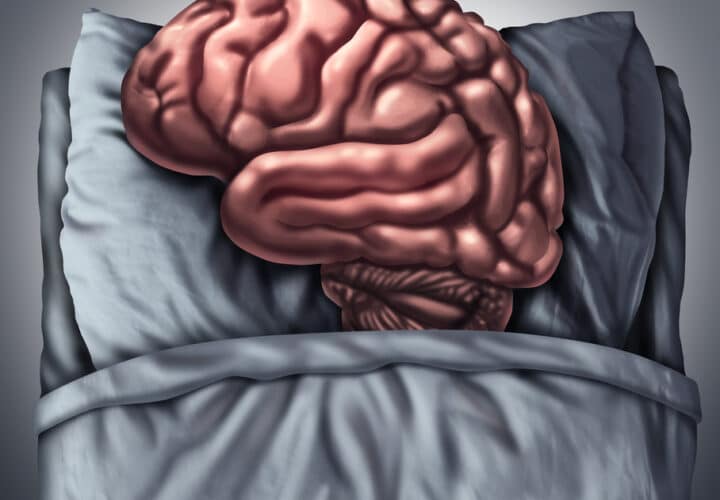December 20, 2017
As we age, it’s normal to forget things here and there—the name of an old acquaintance, or the title of a book you read. But we all have had that moment, as we’re in the midst of trying to recall something that feels like it’s on the tip of our tongue, when we wonder: Is this the start of Alzheimer’s?
But there are many reasons why people forget things, and a new study points to faulty sleep patterns that emerge in aging adults as one cause. The team, from University of California, Berkeley, found that older people have less coordination between two brain waves important for making new memories while in deep sleep.
The study was developed to answer questions about how sleep is somehow a key part of transforming short-term memories into memories that last a lifetime.
To prove that there are biological changes accompanying aging that affect memory besides dementia, researchers needed to show that disrupting the brain waves affected memory in young brains, too.
In the study, scientists had 20 young adults learn 120 new words before sleeping. During sleep, they monitored two waves—slow waves, which happen every second, and faster waves called sleep spindles, which happen about 12 times per second.
When they woke up, participants were given a test to see how many words they could remember. The best recall was determined by how in synch the two waves were during sleep.
The researchers then repeated the experiment with older adults in their 60s and 70s and found that their brain waves were not as synchronized and that they remembered fewer words. Those that could recall the words best, again, were those with the most synchronized brain waves.
“If you’re like 50 milliseconds too early, 50 milliseconds too late, then the storing mechanism actually doesn’t work,” said Randolph Helfrich, an author of the new study, to NPR.
The study suggested it may be possible to resynchronize the brain waves in order to improve the memory-making function.
Read the full write-up here.

